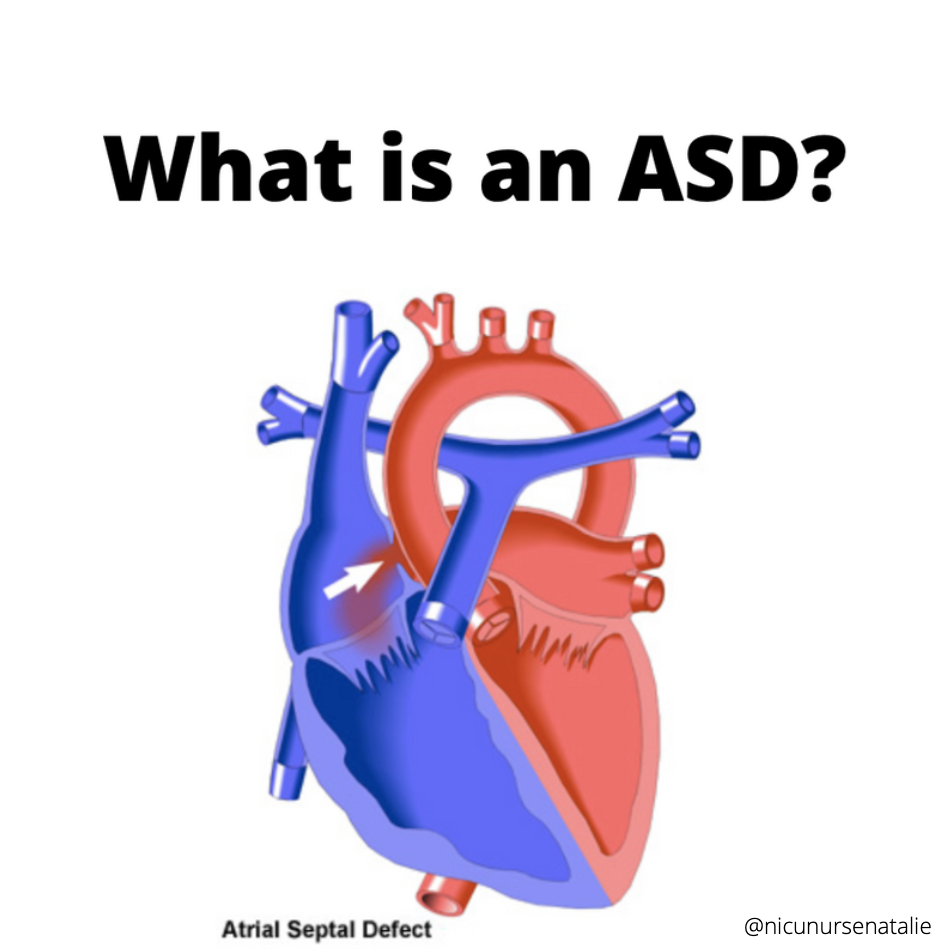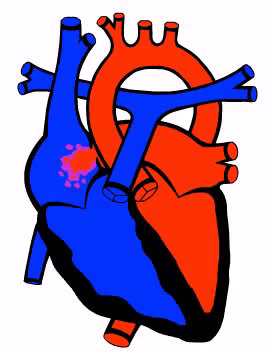During my freshman year as an undergraduate nutrition major, I struggled academically. I did not know the best way to study, how to utilize resources such as tutors, professors and study groups, and I felt vulnerable asking for help. After a few poor grades and a drop in my GPA, I quickly became more inclined to seek out help. From personal experience, I understand when an individual needs help even if he/she is not willing to ask for it. Through my academic challenges, I developed the desire to help people and care for them in times of need. I learned the importance of teamwork and collaboration with my fellow classmates as well as the benefits of support and guidance that peers can offer. Where I lacked in the classroom, I made up for in personal and professional experience on my nursing applications. Don’t get me wrong, I still paid the consequences in nursing school, but the experience taught me how to be more focused on my academics by retaking classes, meeting with professors one-on-one, and always going that extra mile.
When I graduated from nursing school, I had no job lined up (hospitals weren’t hiring new grads). I was studying miserably for hours on end for the NCLEX. I paid for two top review courses, was frantically putting together portfolios, cover letters, resumes, practicing (over and over and over) for interviews, applying for jobs all over the state, spending hours researching hospitals and jobs and had absolutely NO clue where I would end up!
A few months later, all of the puzzle pieces fell into place and my hard work finally paid off. I passed the NCLEX with 75 Qs (on my first try) and landed my dream job as an RN in a Level IV NICU in my hometown. I literally hit the ground running! Today, I have worked bedside for 3.5 years; I work 3 shifts a week, absolutely LOVING the neonatal population more and more everyday, and am now passionately sharing my nursing journey to my fellow followers! I have cared for some of the sickest and tiniest humans alive. I have seen things most people will never experience in their lifetime and felt things most will never feel.
I was told "NO" and "Sorry, you’re just not good enough" so many times I can't remember. As an undergrad, I worked two jobs, completed my major, two concentrations, and a minor ALL in four years (which is unheard of), and faced so many rejections to count trying to get into nursing school. I had to find serious inner strength to keep going. But you know what? I am thankful for the fight! Because it has made me the most passionate yet humble person and nurse that I am today.
Through my undergraduate struggles, I learned how to be responsible for my own academic success and how to commit myself through hard work, motivation and passion for the field of nursing. If you know you are meant to be a nurse, NEVER GIVE UP! Keep going even when you’re physically, mentally, emotionally, and spiritually exhausted. Keep studying, doing research, making your plans and back up plans, asking questions, getting involved, taking the initiative, and going that extra mile! Some words of wisdom that I would tell my former self would be to trust in the process! I am a firm believer in my faith, and I know that God is good! Never doubt yourself, and always have trust in Him! Hard work + self-determination + prayer = sweet success! You have to hustle everyday and network wisely in order to achieve your goals! Trust me, it will pay off!
Questions? Comments? Concerns? Let me know below :)
















